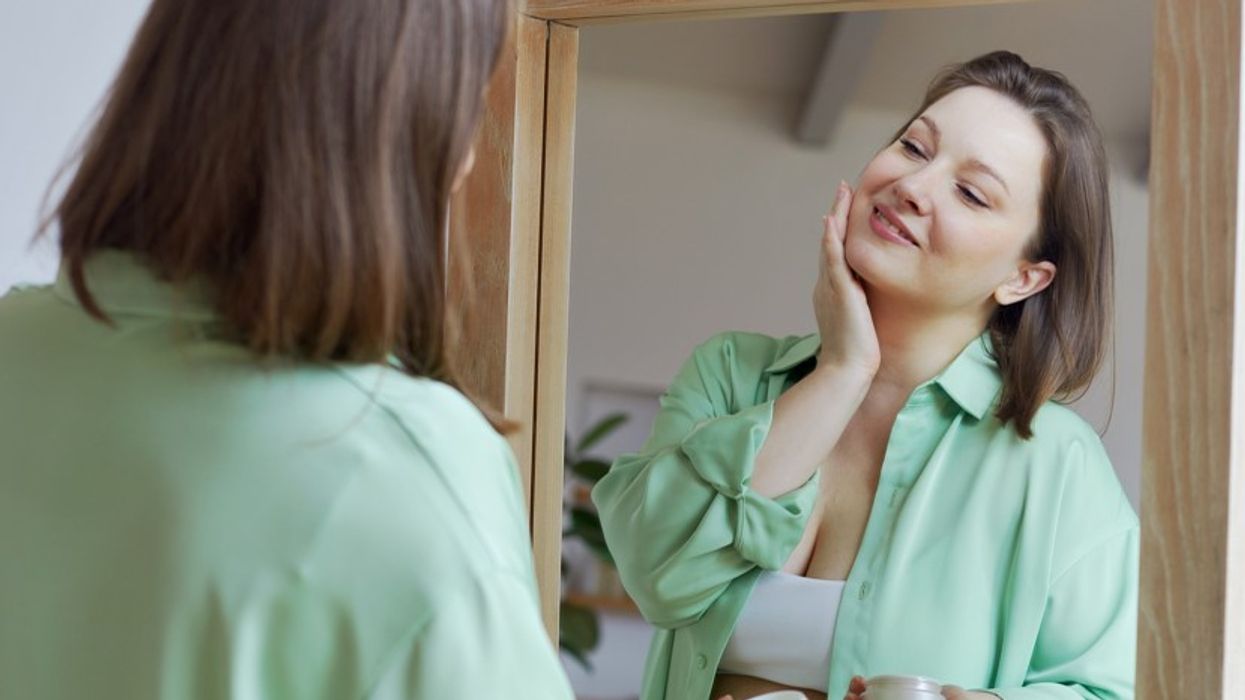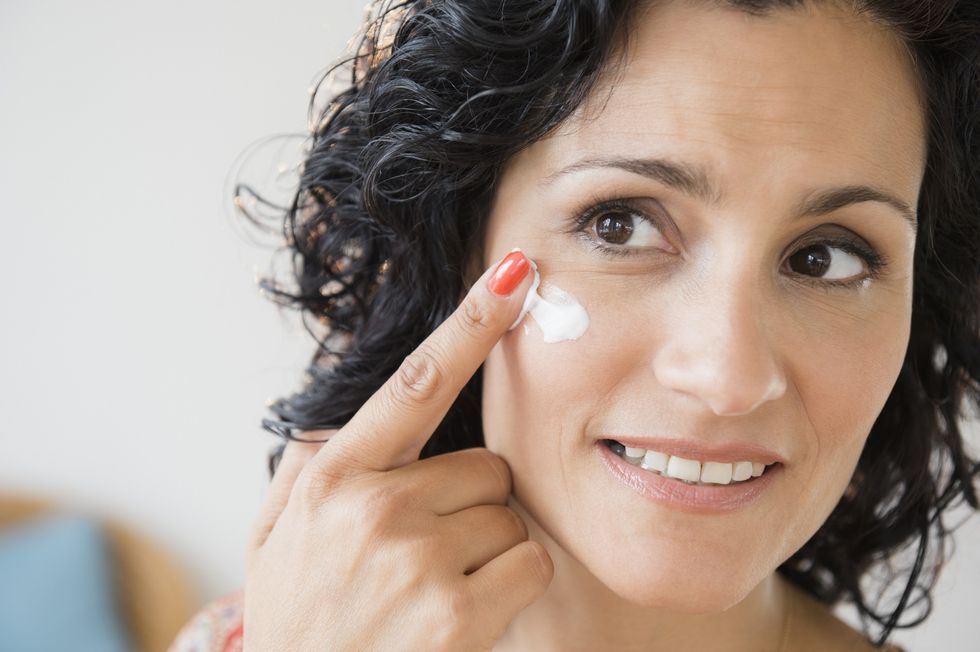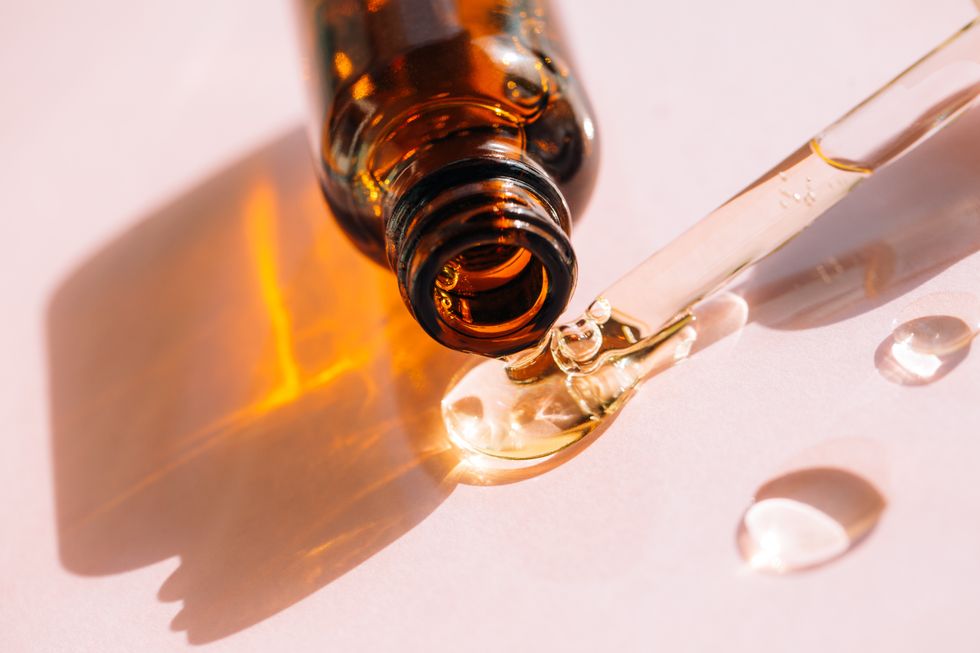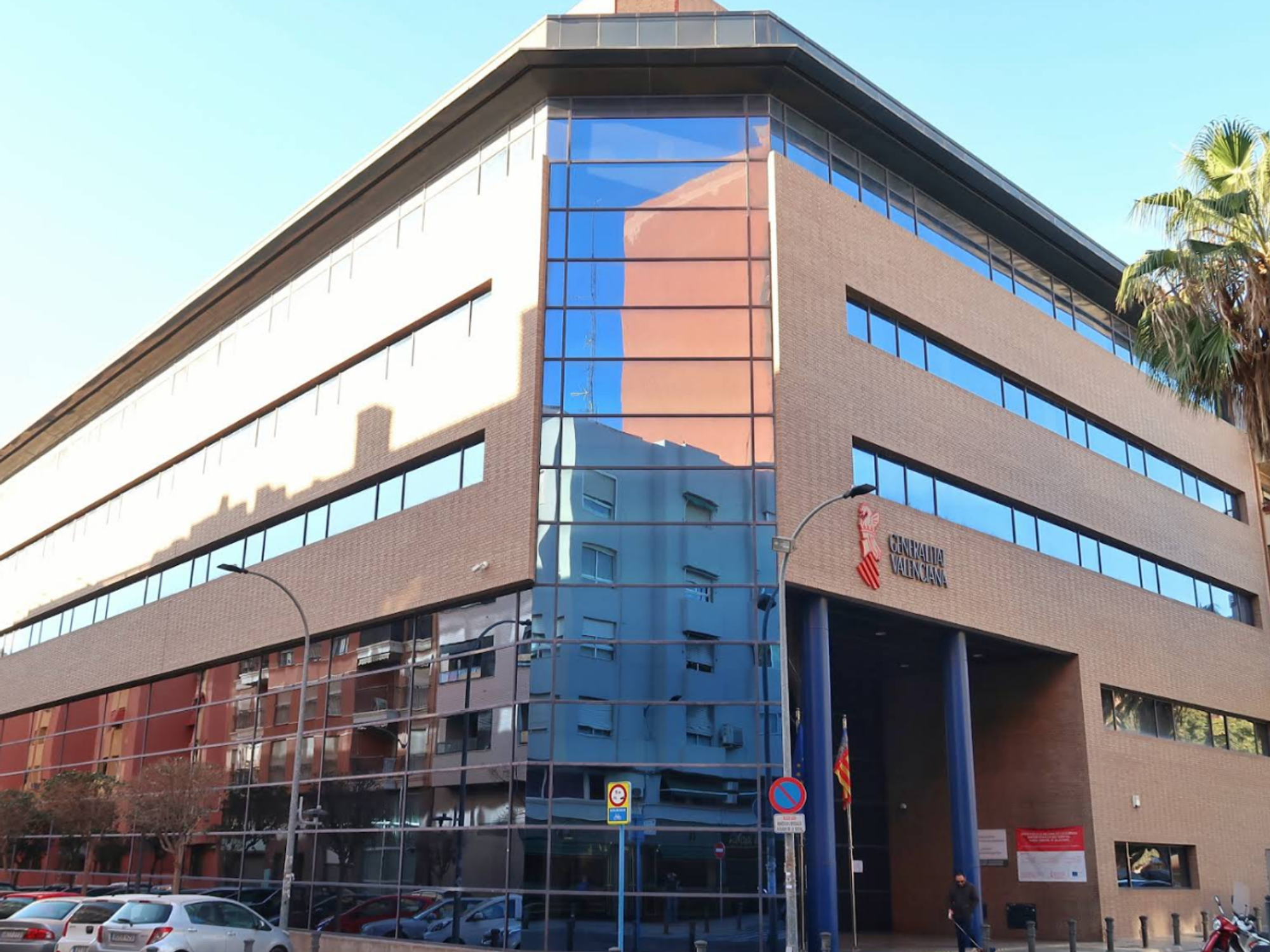Doctor shares the 'key' to tackling signs of ageing as study shows people age rapidly at two stages of life

An expert shared five anti-ageing tips
| GETTY
New research suggests ageing occurs in bursts at the ages of 44 and 60. Speaking exclusively to GB News, a doctor offered advice on how to combat these dramatic changes through lifestyle choices and targeted skin care
Don't Miss
Most Read
Latest
New findings have detailed that people may age dramatically in two bursts - first at the age of 44 then at the age of 60.
A doctor explores this and exclusively shares her "top tips for tackling skin ageing".
Recent scientific findings have challenged the long-held belief that ageing is a gradual process. A study published in the Journal Nature Ageing reveals that human ageing occurs in dramatic bursts at two key points in life: ages 44 and 60. These findings suggested that major signs of ageing are observed at these specific ages, rather than developing slowly over time.
Researchers discovered that many physical signs of ageing, such as wrinkles, aches and grey hair, appear more abruptly than previously thought. During these accelerated bursts of ageing, individuals may experience rapid changes without even noticing.

Wearing SPF can prevent premature ageing
| GETTYThe study's results have significant implications for our understanding of the ageing process and could potentially influence approaches to age-related health care and preventive measures.
Private GP and aesthetic expert Dr Aarthi Sinha emphasised the importance of early prevention to prepare for these ageing bursts. She advised: "The key to tackling this is through early awareness and prevention, enabling the skin to build up to be prepared for these ageing bursts and generally ageing too. This is achieved in a twofold manner: a holistic healthy lifestyle approach and starting early with sustained aesthetic and dermatological treatments; from skin care to clinic treatments."
Dr Sinha highlighted that both internal factors, such as genetics and hormones, and external factors, particularly sun exposure and smoking, contribute to skin ageing.
She stressed the critical role of sun protection: "All individuals should wear sunscreen – starting from children – always factor 50, always broad spectrum and always all year round."
Dr Sinha added lifestyle choices are key in maintaining skin health. She explained: "Factors mentioned in the study like smoking and alcohol contribute to breakdown of collagen (which gives the skin its firm tone) and hyaluronic acid (which makes the skin moist and plump)."
To combat these effects, she recommended stopping smoking, reducing alcohol consumption, and exercising regularly.
Regarding skin care routines, Dr Sinha said: "Key skin care elements (always medical grade) to include to combat skin ageing include: an anti-oxidant and a good quality SPF. These two form the basis, with other products added depending on the specific ageing concern such as sun spots, crepy skin or wrinkles."
These recommendations aim to prepare the skin for the ageing bursts at 44 and 60, as well as general ageing processes.
Dr Sinha recommends several clinic treatments to combat signs of ageing: "My top clinic treatments to combat ageing include: Botox, Profhilo and other skin boosters (which inject hyaluronic acid into the skin) and microneedling (which stimulates natural collagen production in the skin)."
These treatments aim to address specific ageing concerns and promote skin rejuvenation. The expert also discussed menopause.
For menopausal women experiencing skin changes, Dr Sinha added: "Menopausal women can suffer from thinning and drying of the skin and hair loss due to declining oestrogen levels. This can be a major factor in affecting self-confidence. Whilst hormonal replacement can help, taking supplements is also a great option to boost declining nutrient levels."
Dr Sinha recommended specific supplements to address menopausal skin changes: "For thinning hair and nails, and skin changes, I recommend biotin, vitamin B2, selenium, niacin (vitamin B3) and folic acid, all of which can be found in products such as Issviva's Hair Skin and Nails Food Supplement."
These supplements aim to boost declining nutrient levels during menopause.
LATEST DEVELOPMENTS

The doctor recommended a good skin care routine
| GETTYShe added: "The supplements also contain vitamin A, which is key for maintaining vision, your immune system and skin, and collagen and hyaluronic acid. These are the building blocks of our skin and hair - and deplete with age, especially after menopause."
By incorporating these supplements, menopausal women can support their skin health and potentially mitigate the effects of accelerated ageing at age 60, as identified in the recent study.
Dr Sinha's five tips for tacking ageing
- Start young - with a twofold approach: a holistic healthy lifestyle combined with regular aesthetic treatments; from skin care to clinic treatments.
- Stop Smoking – get the right support to quit, don’t do it alone
- Sunscreen - This is for everyone including children: – always factor 50, always broad spectrum and always all year round
- Anti-oxidant! – Use a medical grade product from an aesthetic doctor
- Skin treatments – Botox, Skin boosters and microneedling – good for wrinkles and stimulating natural collagen production. These are better than using Hyaluronic acid serums.










